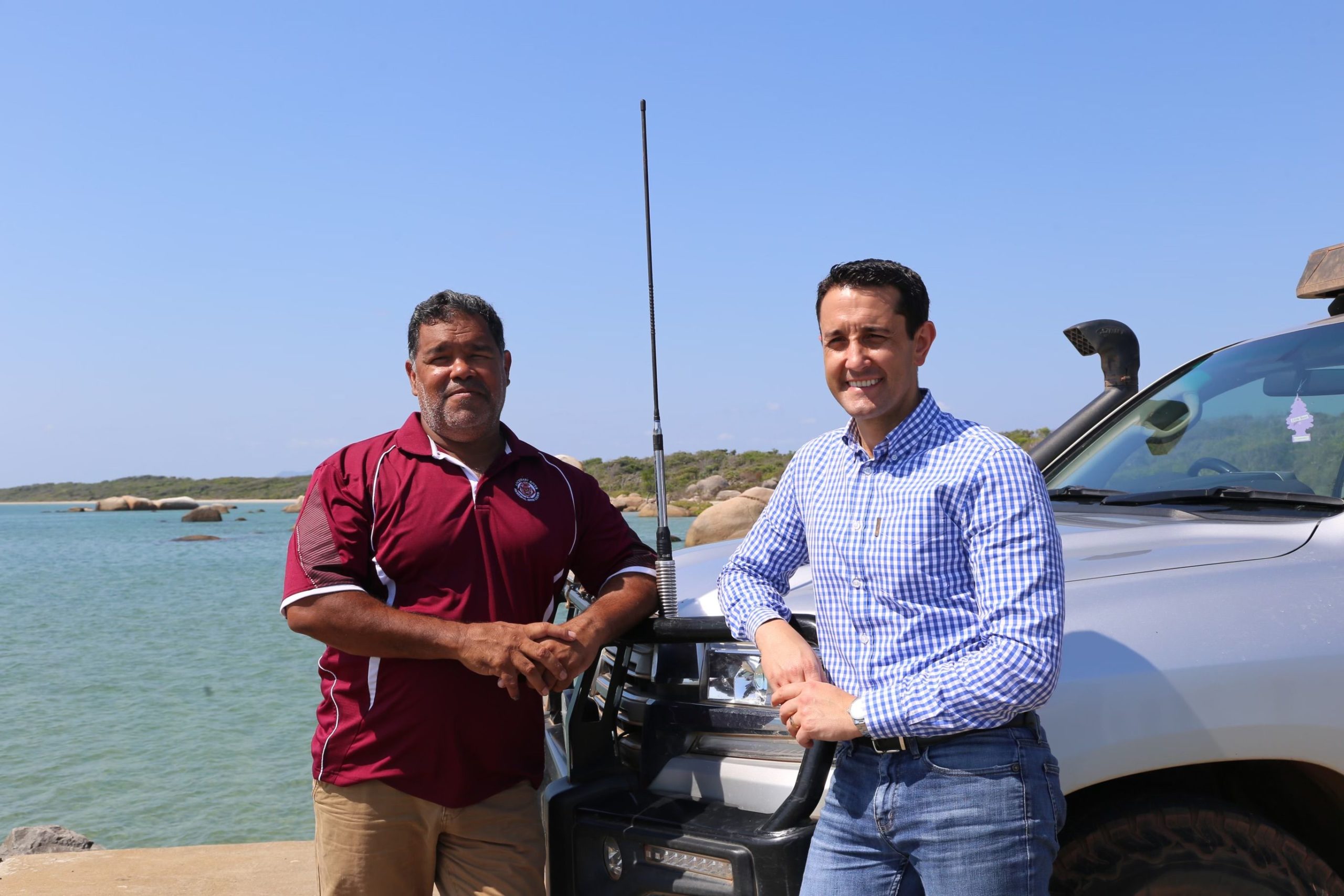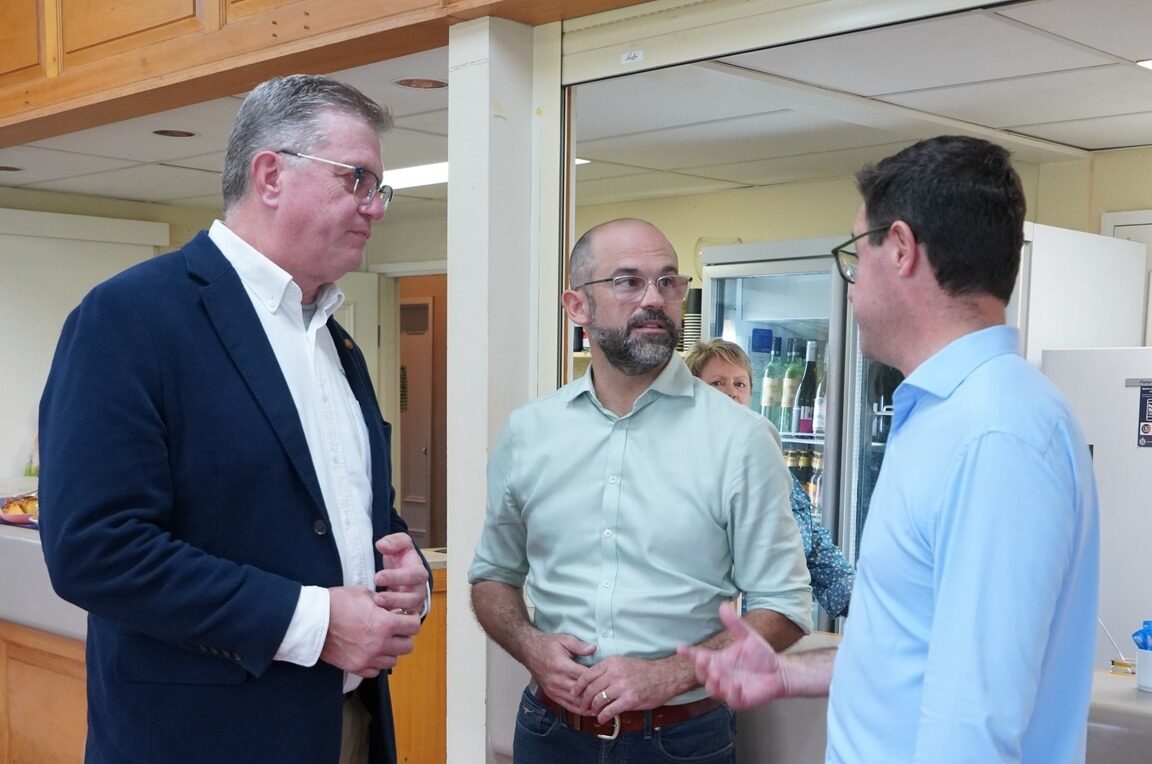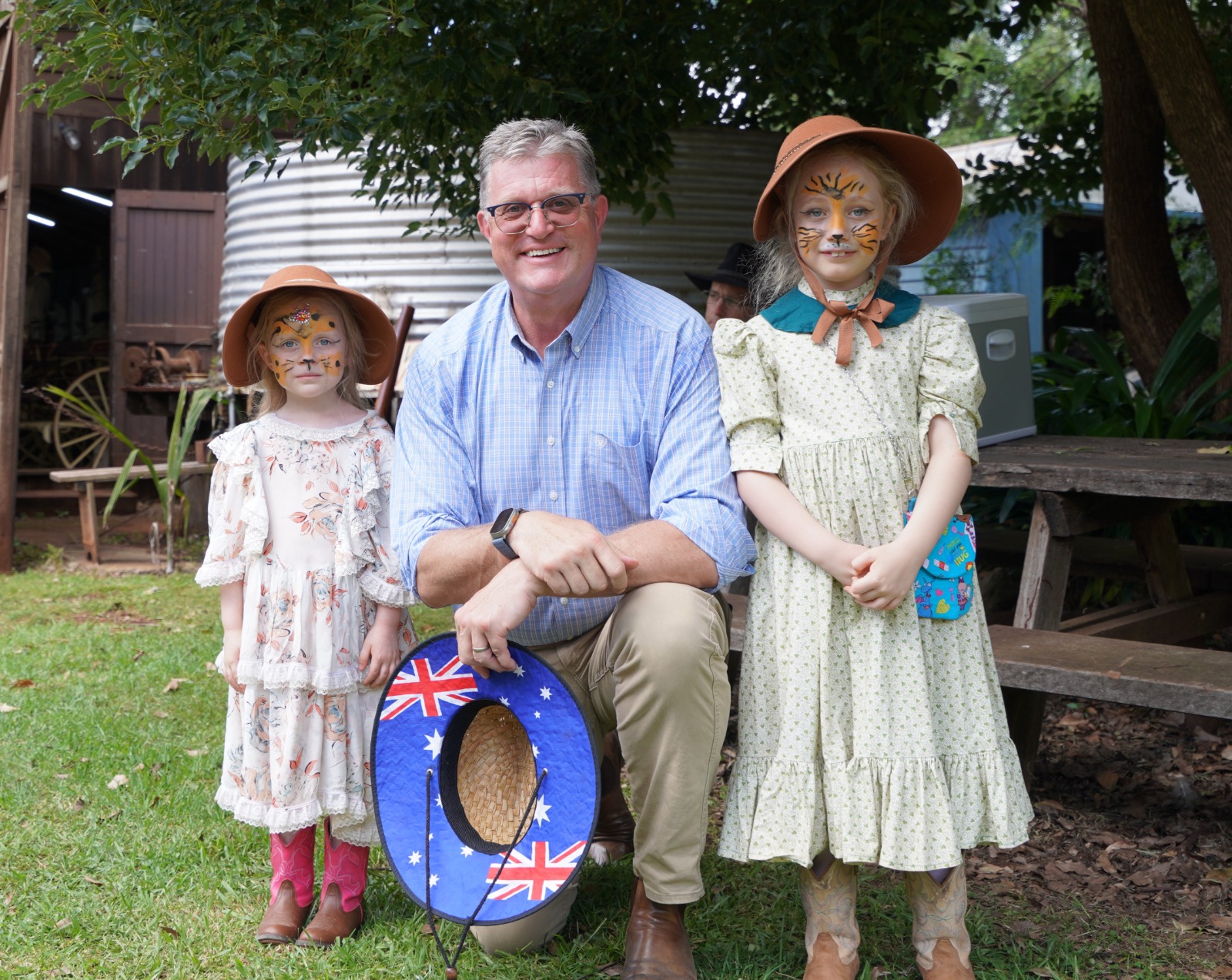LNP calls for systemic reform of First Nations healthcare
The Palaszczuk Labor Government must explain how it will fix “serious and systemic failure” in healthcare in First Nations communities, after the damning findings of a Coronial Inquest.
A Coronial Report into the deaths of three Aboriginal women from Rheumatic Heart Disease in Doomadgee identified alarming failures in Indigenous healthcare, previously raised by both community leaders and the Auditor-General, which are yet to be addressed by the Palaszczuk Labor Government.
In response to the alarming findings, the LNP has today demanded the Palaszczuk Labor Government:
- Conduct a full review of the Aboriginal and Torres Strait Islander Cultural Capability Framework 2010 – 2033, which the Palaszczuk Government has failed to execute through implementation plans.
- Publicly release the implementation schedule and completion dates of the Coroner’s recommendations for the Doomadgee Inquest.
- Commission an independent evaluation of the work done as part of the “Ending Rheumatic Heart Disease: Queensland First Nations Strategy 2021-2024”, to ensure Rheumatic Heart Disease is stamped out in Queensland First Nations communities.
Opposition Leader David Crisafulli said Queenslanders deserved a world-class health system no matter where they lived, but the Palaszczuk Labor Government had desperately failed Queensland’s First Nations communities.
“Preventable and treatable diseases are claiming the lives of First Nations Queenslanders as a result of serious health failures under this Government, and it must end,” Mr Crisafulli said.
“The Palaszczuk Government has fundamentally failed to deliver even the most basic of healthcare to some communities and they’re now paying a very high price for this chaos and crisis.
“The Coroner’s shocking report found these disturbing failures are not isolated incidents.
“These are symptoms of a system in chaos, where clinicians are being ignored, services are not resourced, and communities are disempowered.
“We have already called for an independent review of the Cape and Torres Strait health Services, but it’s clear more scrutiny is needed for health and hospital services operating across our First Nations communities in Queensland.
“The Health Minister must front-up and detail a plan to address the widespread chaos and crisis engulfing the Indigenous healthcare system.”
Shadow Minister for Health and Registered Nurse Ros Bates, said while the Coronial report was the latest to issue a warning on the dire state of Indigenous health services, the Auditor-General had also delivered a damning assessment.
“Last month the Auditor-General handed down a scathing report which found the Palaszczuk Government had failed to develop and implement culturally-capable healthcare,” Ms Bates said.
“Not only are these communities being left without adequate health programs to screen and treat diseases that have been eradicated elsewhere in Australia, but existing health services are fragmented and ineffective.
“The Premier and Health Minister must urgently visit these communities and explain how they will heal the health crisis.
“We cannot afford to lose more lives to the scourge of preventable and treatable diseases, we must do better.
“These issues are significant and they are genuine. Lives have been lost, and they cannot be lost in vain.”
Some of the shocking findings of the Coronial report include:
- Queensland Health had failed to fund and implement a comprehensive Rheumatic Heart Disease prevention program for Doomadgee.
- Health providers weren’t sure who was responsible for the care and treatment of persons with Rheumatic Heart Disease.
- Medical records and services weren’t integrated, allowing patients to go undiagnosed and untreated for chronic health conditions.
- Queensland Health had failed to provide culturally appropriate healthcare, which had led to community distrust.
- Many healthcare services weren’t available locally and patients were unable to travel to Mount Isa for treatment.
- The community lacks access to the most basic services and appliances, including washing machines and beds, which is leading to the spread of preventable disease.
MEDIA NOTE: Key comments from the Coroner’s Report include (full report here):
– Page 14: “between health care providers there was confusion as to which service was responsible for the care and management of persons with RHD and RHF including the administration of bicillin injections and a lack of sharing relevant medical records providing yet another barrier to appropriate care and treatment.”
– Page 14: “The people of Doomadgee do not have ready access to adequate washing machines, beds and quality produce.”
– Page 18: “… the barriers to an unimpeded flow of medical records and health information across all relevant health services and facilities in Doomadgee, represented a serious systemic failure.”
– Page 18: “Simply put: Systems failed. The systems failed Betty, Kaya and Ms Sandy. The systems also failed the health professionals and the practitioners on the ground in Doomadgee.
– Page 19: “A lack (of) the ability to share information and records denuded health professionals and clinicians of critical professional scaffolding essential for the conduct of professional health State sanctioned health services.”
To stay up to date click here to follow my social media.




